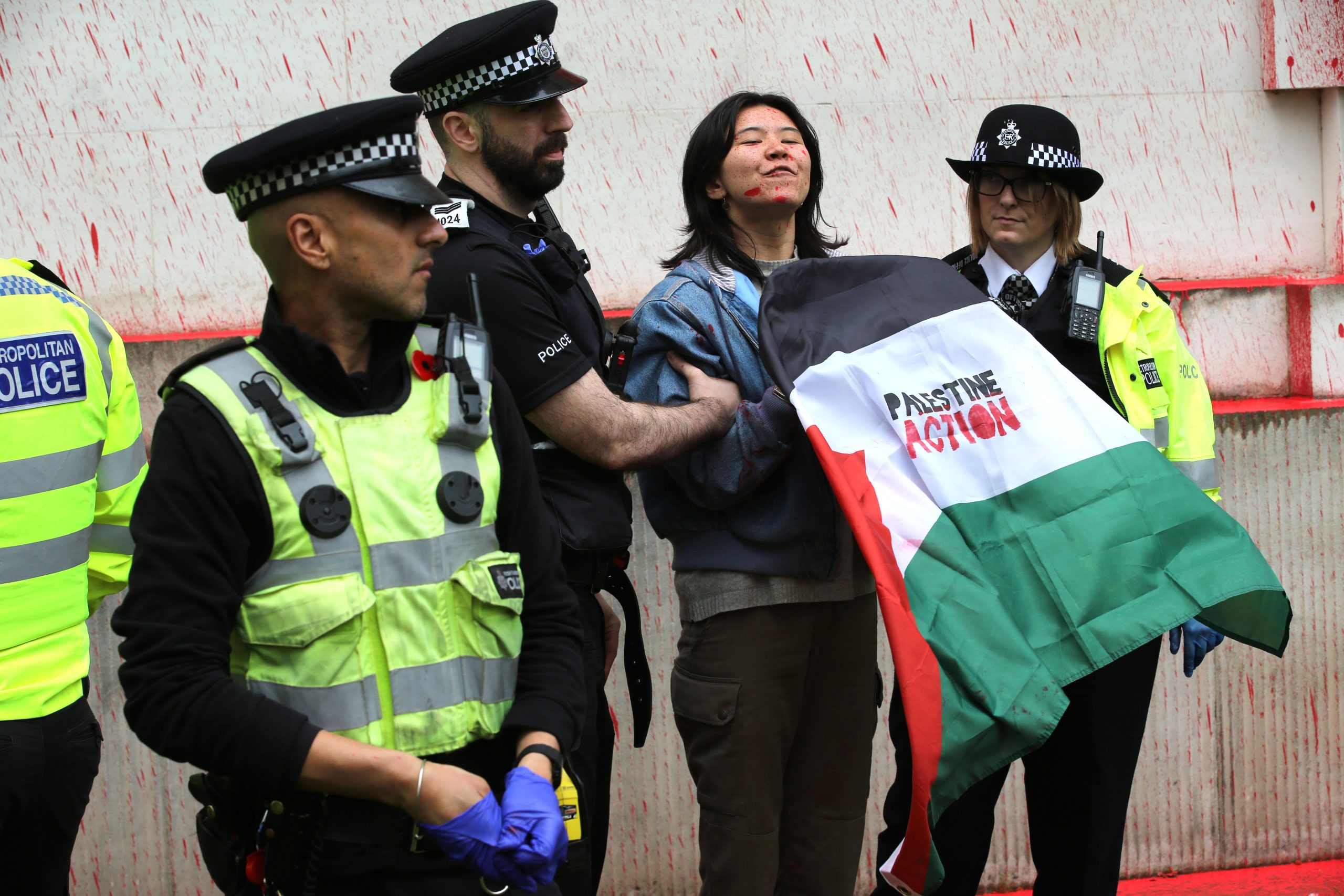City life, from its beginning, was all about uniting people that were not bonded by blood or clan ties. The only thing that connected them was the urban space they created and the ways of life it leads to.
As these people were not placed within a familial structure, they had to find other ways to collectively limit each other, in order the rights of each citizen to be respected. In many cases where the power was absorbed by an elite, external forms of limiting were developed – ones that were aimed at protecting first and foremost the privileges of the rulers. Then there were the cases where direct democracy was implemented (at least to a degree) – a bright example is the Paris Commune – and power was distributed more equally among the citizenry. There emerged what Cornelius Castoriadis calls self-limitation – the formation and revision of social regulations and norms through popular decision-making.
In this sense the way one city operates is a deeply political matter. Henri Lefebvre was right to suggest that:
“Space is not a scientific object removed from ideology or politics. It has always been political and strategic. […] Because space, which seems homogeneous, which appears as a whole in its objectivity, in its pure form, such as we determine it, is a social product.” (1)
It makes no wonder then, that under the increasingly authoritarian context of today’s world, the regulation of our cities is becoming accordingly oppressive. Most striking is the case of the US, where the slave-controlling roots of the police, in combination with the contemporary militarized urbanism, has created such a segregative and violent environment, which leaves the people with no other option but to rebel or die. But this trend is not limited to only one country. In Greece, the current right-wing government of New Democracy has passed a bill against mass gatherings – from political demonstrations to anything that involves people gathering in open spaces – without authorization from the authorities.
This measure comes as a continuation of the crawling bureaucratization, so characteristic for statecraft and capitalism. Similar bills have been for quite some time now a fact in the Western powers (2), and are now becoming reality in their periphery around the world. This is the logic of the bureaucratic city, where public spaces are completely detached from the actual public and appropriated by the governing elites and the wealthy.
The bill of the Greek government is characteristic for this bureaucratization (3): it implies that it is now obligatory to obtain a permit for demonstrations and outdoor gatherings, the participation in spontaneous protests becomes a criminal offence, it “unties” the hands of the police to disperse (even with sheer force) “unauthorized” gatherings, and requires for “individual organizers” to be registered by the authorities as responsible for every gathering (and to be punished for eventual damages and clashes). For those who refuse this new reality, the new bill predicts punishments for up to two years of prison time.
Furthermore, the bill plans the establishment of a special “department for the prevention of violence” (4) this state of exception – an institution that brings memories of more totalitarian times.
The government and the mainstream media, on the other hand, promote the bill as a means to ensure the “individual rights” of urban dwellers. This is not simply a trick to polarize society – although it does a pretty good job at that as well – but a confirmation of the liberal strain in urban politics, in which collective activity and citizen engagement are actively resisted and replaced by fragmented caricatures of “peaceful” life.
Although resistance has been generated by the traditional political movement in the country to the implementation of this state of exception (5), no alternative vision has managed to resurface among the protesters. On the other end of the world, however, many voices from the Black Lives Matter movement have began to advance the idea of community control over the policing of urban life. From the Washington D.C.-based Pan-African Community Action suggests (6) that communities could be divided into districts, each of which would be empowered to self-determine how to maintain public order via plebiscites, giving the community the direct voting power to abolish, restructure, downsize, or otherwise reconstruct their departments.
This demand comes to reinvent the way our cities function and embed their management in the project of direct democracy, as it radically challenges the main tool of enforcement of bureaucratic order. When the police – a clique with significant authority in everyday life and with its own narrow interested – is being replaced by revocable people’s militias – which are under the direct management of neighbourhood assemblies and communal councils – then we begin talking of genuine social self-limitation.
The ongoing global problem of police brutality and impunity comes to designate a deeper political problem. As author Olúfẹ́mi O. Táíwò has suggested (7):
“The core problem with policing and incarceration is the same problem that plagues our whole political system: elite capture. […] We cannot put our faith in elected representatives and merely vote our way out of this problem […]. Instead, we need to give power back to the people—directly.”
In this sense, leaving decision-making power, in any field, in the hands of bureaucratic apparatuses or managerial classes is literally endangering our lives. Putting an end to this requires a paradigm shift away from nation-states and transnational markets, towards the holistic democratization of our everyday life and the cities we live in.
Yavor Tarinski
1) Henri Lefebvre: Critique of Everyday Life (1977), p 341
2) https://en.m.wikipedia.org/wiki/Protest_permit & https://www.gov.uk/protests-and-marches-letting-the-police-know
3) http://ergasianet.gr/2020/07/03/%CE%BC%CE%B5%CF%84%CE%B1-%CE%BA%CE%AC%CE%BB%CE%B5%CF%83%CE%BC%CE%B1-%CE%B3%CE%B9%CE%B1-%CF%84%CE%BF-%CF%83%CF%85%CE%BB%CE%BB%CE%B1%CE%BB%CE%B7%CF%84%CE%AE%CF%81%CE%B9%CE%BF-%CE%BA%CE%B1%CF%84%CE%AC-2/
4) https://thepressproject.gr/pinikopiisi-tis-rizospastikopiisis-ton-politon-meso-tis-dimiourgias-diefthynsis-prolipsis-vias/
5) https://thepressproject.gr/viei-katapatisi-tou-dikeomatos-sti-diadilosi/
6) https://www.dissentmagazine.org/online_articles/power-over-the-police
7) https://www.dissentmagazine.org/online_articles/power-over-the-police?fbclid=IwAR2C-r9cPHX0MXGmJM80T9vll6NoLKADhxp1gtCEB-F_ZrGLw0YE2xFQtV0
Photo: Athens by Jan M, published under CC BY-SA 3.0








